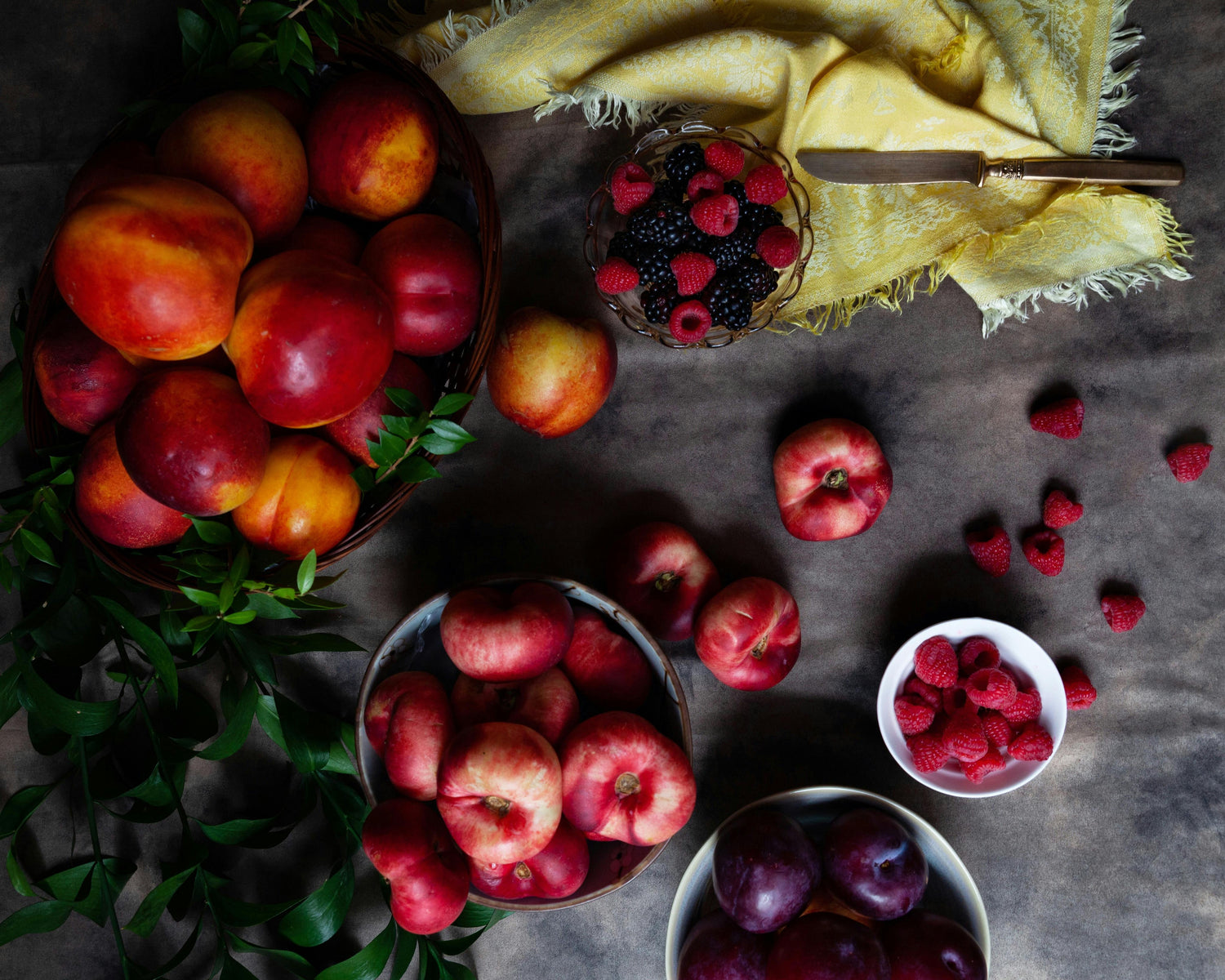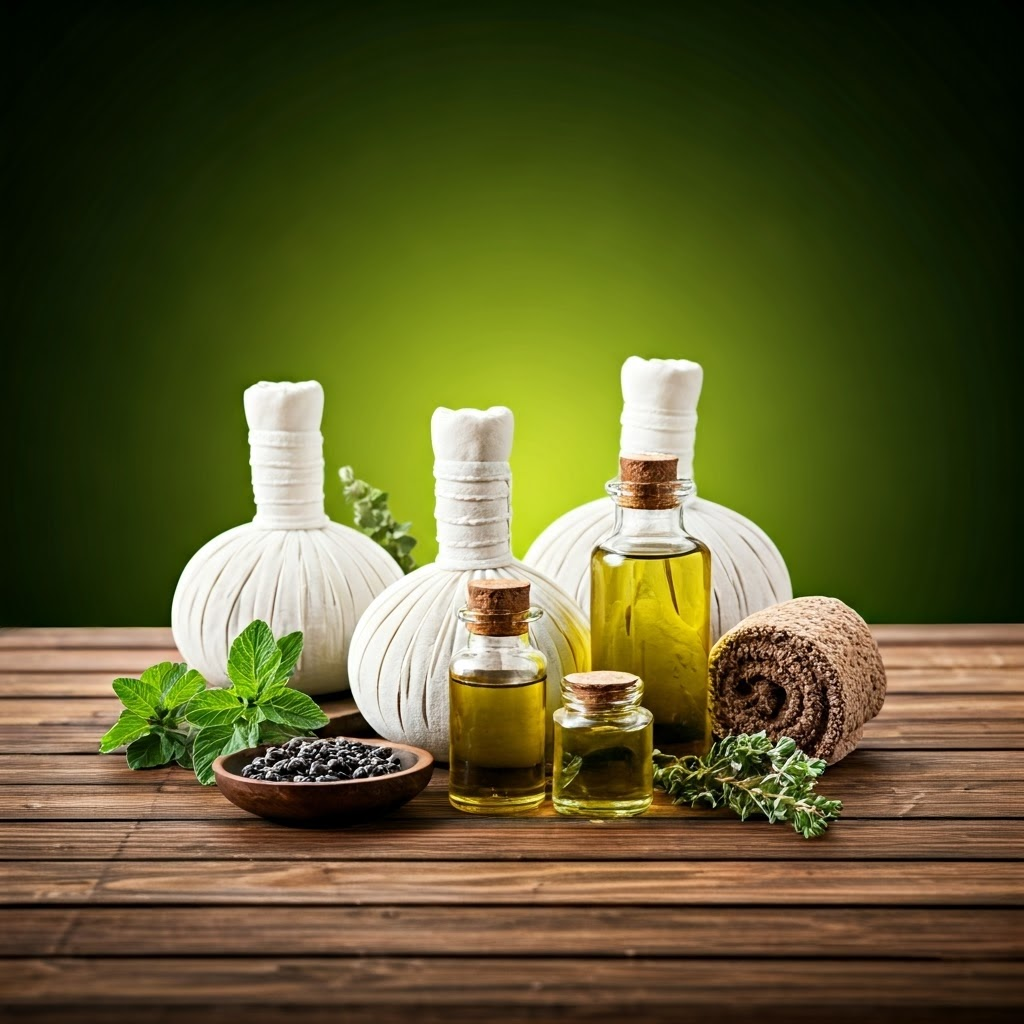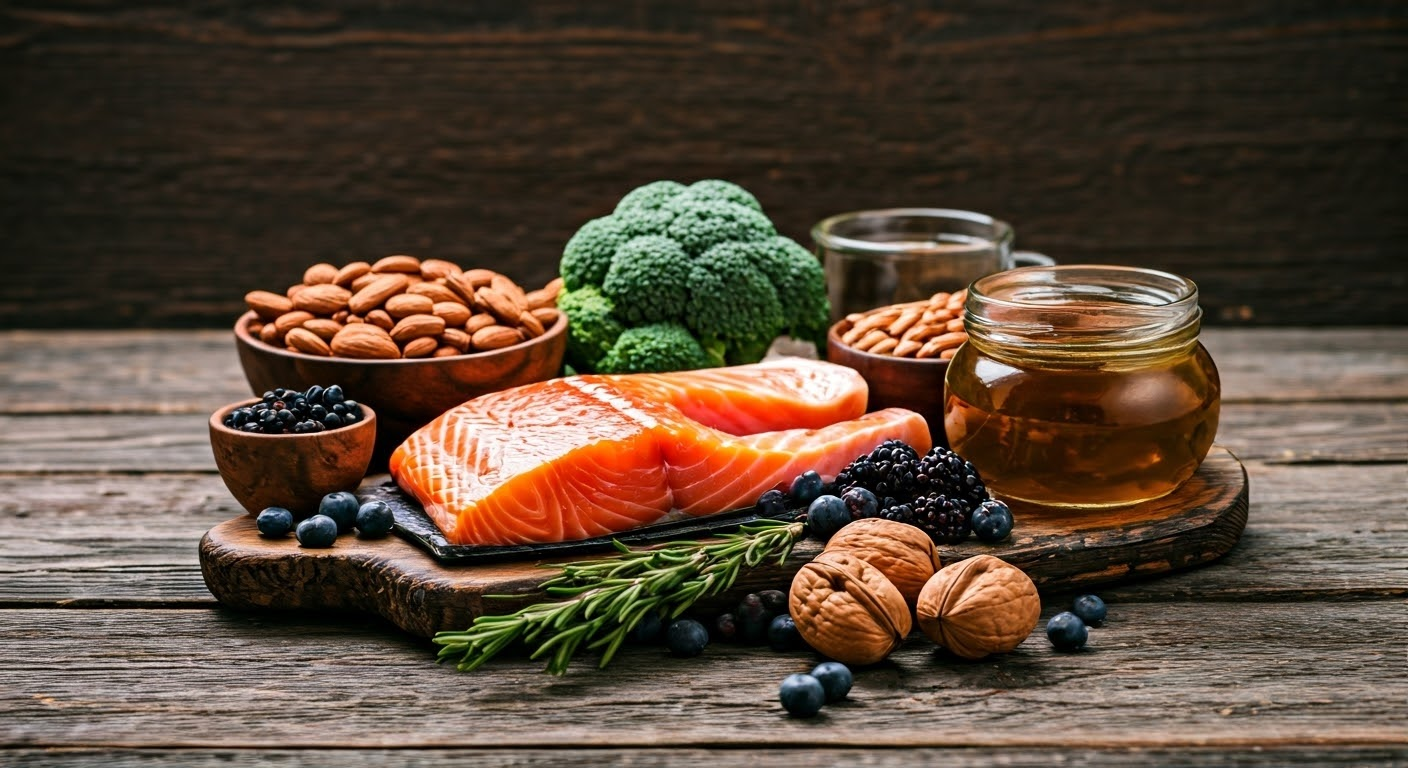What foods are recommended for a parasite cleanse diet?
For a parasite cleanse diet, it is recommended to consume foods like garlic, pumpkin seeds, papaya seeds, turmeric, and probiotics. These foods have properties that can help in fighting parasites and promoting a healthier gut environment.
Key Highlights
- Parasite cleanse diets aim to eliminate harmful organisms from the body using supplements and dietary changes.
- These diets often involve herbs like black walnut, wormwood, and cloves, alongside eliminating sugar, processed foods, and dairy.
- Proponents believe these diets detoxify the body and create an inhospitable environment for parasites.
- Scientific evidence supporting their effectiveness is limited, with more research needed in humans.
- Consulting a healthcare professional is crucial before starting any cleanse, especially if you suspect a parasitic infection.
Introduction
A parasite cleanse diet is a special eating plan. It often includes herbal remedies and supplements to help get rid of parasites in the body. Many people are looking for natural ways to make their immune system stronger and improve their health. Supporters believe that some foods and herbs can make the body a bad place for parasites, helping to remove them from the human body.
Understanding Parasites and Their Impact on Human Health
Parasitic infections are a concern for health around the world. They happen when living things grow inside a host, like the human body, and take from it. These organisms can be small like protozoa or larger like helminths, which are worms. They can interfere with how the body works. Some infections do not show any symptoms, but others can cause many health problems and affect overall well-being.
The Different Types of Parasites Affecting Humans
The human body can have different types of parasites. Each type has its own life cycle and can affect health in different ways. These can be grouped as protozoa and helminths.
Protozoa are tiny, single-celled organisms. They often cause infections in the digestive system, which can lead to problems like diarrhea.
Helminths are larger parasites. This group includes tapeworms, roundworms, and hookworms. They can infect different organs.
Knowing the difference between these types of parasites is important. It helps in creating specific treatment and prevention plans.
How Parasites Enter the Body and Their Effects
Parasites have smart ways to enter the human body and cause infections. They can spread through drinking contaminated water or eating dirty food, where they are hidden. Touching contaminated soil or surfaces can also let parasites enter through the skin. Once in the body, they usually go for the digestive system. This can cause problems like abdominal pain, loss of appetite, bloating, and diarrhea. If the infection lasts a long time, it can lead to malnutrition and other serious issues.
The Basics of a Parasite Cleanse Diet
A parasite cleanse diet mixes changes in diet with herbal supplements. This is done to make it harder for parasites to live in the body. The diet aims to cut out foods that might help parasites thrive. At the same time, it includes foods that could fight against parasites. Still, there isn’t much scientific proof to back this method. More research is needed to see if it really works.
Key Components of a Parasite Cleanse Diet
A parasite cleanse diet usually includes herbal supplements and detox methods. Common ones are black walnut, pumpkin seeds, and papaya seeds. These supplements help to fight different types of parasites in the body. Eating whole foods that are rich in antioxidants and probiotics can also support the immune system during the cleanse. The goal of these dietary changes is to make it harder for harmful organisms to survive. It is very important to talk to a healthcare provider for proper treatment and to check for any side effects.
Foods to Include and Avoid During a Cleanse
A parasite cleanse usually focuses on whole foods and limits foods that can help parasites grow.
Here's a typical cleanse plan:
Include:
- Fruits and vegetables
- Garlic and onions
- Pumpkin seeds
- Coconut oil
- Foods rich in probiotics
Avoid:
- Sugar
- Processed foods
- Dairy products
- Alcohol
- Caffeine
Keep in mind that changing your diet alone might not get rid of a parasitic infection.
Scientific Evidence Supporting Parasite Cleanse Diets
The scientific community is still looking into how well parasite cleanse diets work. There is not much research out there. Some people share stories and some early studies show that certain herbs might help fight parasites. However, we need more thorough research, especially involving human subjects, to prove these claims for sure.
Studies on the Effectiveness of Cleansing Diets
While research on parasite cleanse diets is relatively limited, some studies offer insights into their potential effects:
|
Study |
Findings |
|
A 2018 study on wormwood |
Showed potential in reducing tapeworm levels in animals; however, human studies are lacking. |
|
Research on pumpkin seeds |
Suggests cucurbitin may help paralyze certain intestinal worms, but more evidence is needed. |
|
Studies on grapefruit seed extract |
Highlight its antimicrobial properties, though its effectiveness against specific parasites requires further investigation. |
These findings underscore the need for more comprehensive research to determine the efficacy of parasite cleanse diets conclusively.
Expert Opinions on Natural Parasite Treatments
Expert opinions on using natural remedies for parasite infections, including pinworm infections, differ. Some healthcare professionals see the possible benefits of certain herbs in traditional medicine for treating parasitic infections. But many stress the need to consult a healthcare provider for the right diagnosis and treatment. Relying only on natural remedies without medical advice can be dangerous. This is especially true if a parasitic infection goes untreated or is wrongly diagnosed.
Implementing a Safe and Effective Parasite Cleanse
Implementing a safe parasite cleanse depends on a few important factors. First, you should talk to a healthcare provider. They can confirm if you have a parasitic infection and whether a cleanse is right for your health needs. Next, it’s important to choose good-quality supplements. Additionally, while some may consider home remedies, be cautious as they often lack effectiveness. Also, make dietary changes slowly to help reduce any side effects. Keep in mind, a cleanse should support, not replace, professional medical advice.
Step-by-Step Guide to Starting a Cleanse
Starting a parasite cleanse needs careful planning to keep it safe. Here is a general guide to help you:
- Consultation: Talk to a healthcare provider to check for a parasitic infection and see if a cleanse is right for you.
- Supplement Selection: Choose high-quality supplements from trusted sources. Look for third-party testing to ensure they are pure and strong.
- Dietary Transition: Slowly add the dietary changes needed for the cleanse. Focus on whole foods, and cut back on processed foods, sugar, and alcohol.
- Hydration and Fiber: Drink a lot of water to stay hydrated. Eat fiber-rich foods to help with digestion and getting rid of waste.
- Listen to Your Body: Notice how your body reacts to the cleanse. Make changes if needed, and talk to your healthcare provider if you have any problems.
Monitoring Your Health and Adjusting as Needed
During a parasite cleanse, it's important to watch your health closely. Look for any changes in symptoms of parasitic infections, like tummy pain, tiredness, or changes in bowel movements. Checking your energy, sleep, and digestion regularly can help you see how your body reacts to the cleanse. Always remember to get medical advice if your symptoms get worse or if you have any worries. Taking care of your well-being is key.
Potential Risks and How to Mitigate Them
Parasite cleanses seem safe and natural, but they can have risks. Some herbs might interact with medications or make existing health issues worse. Also, just doing a cleanse without fixing the cause of your symptoms can cause more problems. To reduce these risks, it is important to talk openly with your healthcare provider.
Common Side Effects of Parasite Cleanses
As your body removes parasites, you may have some side effects, such as:
- Digestive Issues: This is one of the most common side effects. You may feel abdominal pain, have diarrhea, be gassy, or feel bloated.
- Headaches: The cleanse can sometimes trigger headaches. This is likely from getting rid of toxins.
- Fatigue: Your body may need time to get used to the dietary changes. This could cause temporary fatigue, especially early on.
If you have serious or ongoing side effects, it is important to talk to your healthcare provider.
When to Consult a Healthcare Professional
If you think you have a parasitic infection or want to try a parasite cleanse, it is important to get quick medical advice. This is especially true if:
- You have ongoing or getting worse symptoms: Don't ignore problems like regular digestive issues, unexplained weight loss, fatigue, or other odd symptoms.
- You have health issues: If you have a medical condition, it is very important to talk to your doctor to avoid more problems.
- You are pregnant or breastfeeding: Always ask your healthcare provider for help about parasite cleanse diets and supplements during pregnancy or while breastfeeding.
Remember, getting professional medical advice is very important for safely managing any health issue.
Conclusion
In summary, it is important to understand how parasite cleanse diets work to stay healthy. A safe and effective cleanse can help your body fight off parasites naturally. Make sure to include important parts in your diet and keep an eye on your health during the process. Be aware of any risks involved. It is a good idea to talk to a healthcare expert when you need help to keep your cleanse safe. Stay knowledgeable about the types of parasites, how they get into the body, and how these diets work. Focus on your health with a balanced approach to parasite cleanse diets.
Frequently Asked Questions
What Are the Signs That a Parasite Cleanse is Working?
Positive signs may be better digestion, regular bowel movements, more energy, and fewer symptoms of a parasite, like bloating and gas. Still, these improvements do not prove that parasites are gone.
Can Children Undertake a Parasite Cleanse Diet?
It is very important to talk to a pediatric healthcare provider before thinking about a parasite cleanse for your child. They can help you decide if a cleanse is needed and if it is safe. This is especially important because the provider will consider your child's diet and any reactions they might have to herbal supplements.



